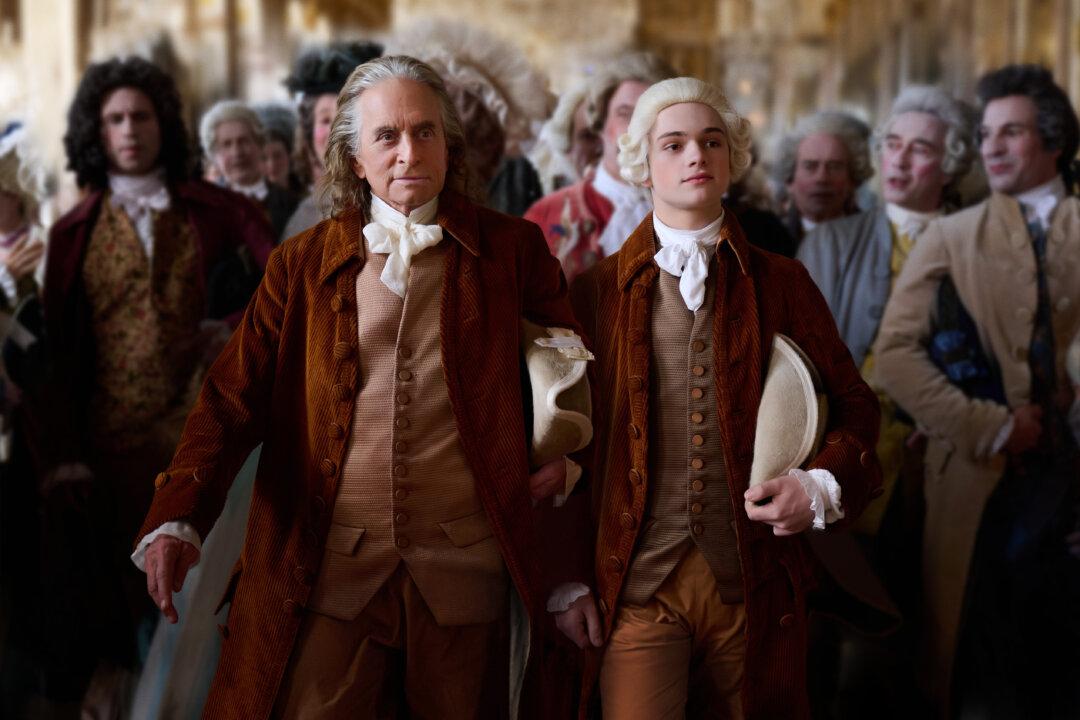TV-MA | 8 episodes | Historical Drama | 2024
Benjamin Franklin was arguably America’s greatest diplomat, despite suffering from a nasty case of gout during his posting in France. Congress desperately needed him to secure French economic and military support for America’s revolution against the British.





